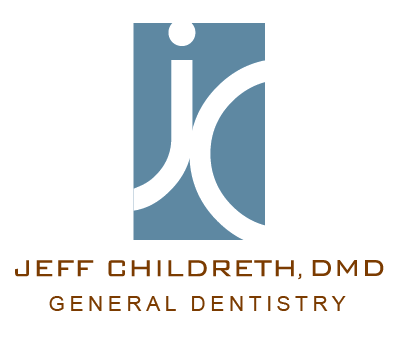- Hygiene Cleanings
- Digital X-rays
- Fluoride Treatment
- Dental Exams
- Sealants
- Fillings
- Bonding
- Crowns
- Bridges
- Root Canal Therapy
- Periodontal Disease
- Extractions
- Implants
- Dentures
- Veneers
- Whitening
Initial Oral Examination
Your initial oral examination includes a visual examination, charting, periodontal probing, diagnosis and treatment recommendations. We will also take x-rays, which includes the panoramic x-ray for proper diagnosis of the anterior (front) and posterior (back) teeth as well as the bite-wing x-ray series for proper diagnosis of proximal decay of posterior teeth.
Toothaches
Simple toothaches can often be relieved by rinsing the mouth to clear it of debris and toothaches other matter. Sometimes, a toothache can be caused or aggravated by a piece of debris lodged between the tooth and another tooth. Avoid placing an aspirin between your tooth and gum to relieve pain, because the dissolving aspirin can actually harm your gum tissue.
Broken, Fractured, or Displaced Tooth
A broken, fractured or displaced tooth is usually not a cause for alarm, as long as decisive, quick action is taken.
If the tooth has been knocked out, try to place the tooth back in its socket while waiting to see your dentist.
First, rinse the mouth of any blood or other debris and place a cold cloth or compress on the cheek near the injury. This will keep down swelling.
If you cannot locate the tooth back in its socket, hold the dislocated tooth by the crown – not the root. Next, place it in a container of warm milk, saline or the victim’s own saliva and keep it in the solution until you arrive at the emergency room or dentist’s office.
For a fractured tooth, it is best to rinse with warm water and again, apply a cold pack or compress. Ibuprofen may be used to help keep down swelling.
If the tooth fracture is minor, the tooth can be sanded or if necessary, restored by the dentist if the pulp is not severely damaged.
If a child’s primary tooth has been loosened by an injury or an emerging permanent tooth, try getting the child to gently bite down on an apple or piece of caramel; in some cases, the tooth will easily separate from the gum.
Root canal Therapy
Root canals are tiny passageways that branch off from beneath the top of the tooth, coursing their way vertically downward, until they reach the tip of the root.
All teeth have between one and four root canals.
Many tooth problems involve infections that spread to the pulp, which is the inner chamber of the tooth containing blood vessels, nerves and other tissues. When the infection becomes worse, it can begin affecting the roots. A traumatic injury to a tooth can also compromise the pulp, leading to similar problems.
A diseased inner tooth brings a host of problems including pain and sensitivity as the first indications of a problem. However, inside a spreading infection can cause small pockets of pus to develop, which can lead to an abscess.
Root canal therapy is a remarkable treatment with a very high rate of success, and involves removing the diseased tissue, halting the spread of infection and restoring the healthy portion of the tooth. In fact, root canal therapy is designed to save a problem tooth; before the procedure was developed and gained acceptance, the only alternative for treating a diseased tooth was extraction.
Procedure
Root canal therapy usually entails one to three visits. During the first visit, a small hole is drilled through the top of the tooth and into the inner chamber. Diseased tissue is removed, the inner chamber cleansed and disinfected, and the tiny canals reshaped. The cleansed chamber and canals are filled with an elastic material and medication designed to prevent infection. If necessary, the drilled hole is temporarily filled until a permanent seal is made with a crown.
Most patients who have root canal experience little or no discomfort or pain, and enjoy a restored tooth that can last almost as long as its healthy original.
Dental Emergencies
A knocked out tooth or bitten tongue can cause panic in any parent, but quick thinking and staying calm are the best ways to approach such common dental emergencies and prevent additional unnecessary damage and costly dental restoration. This includes taking measures such as application of cold compresses to reduce swelling, and of course, contacting our office as soon as possible.
